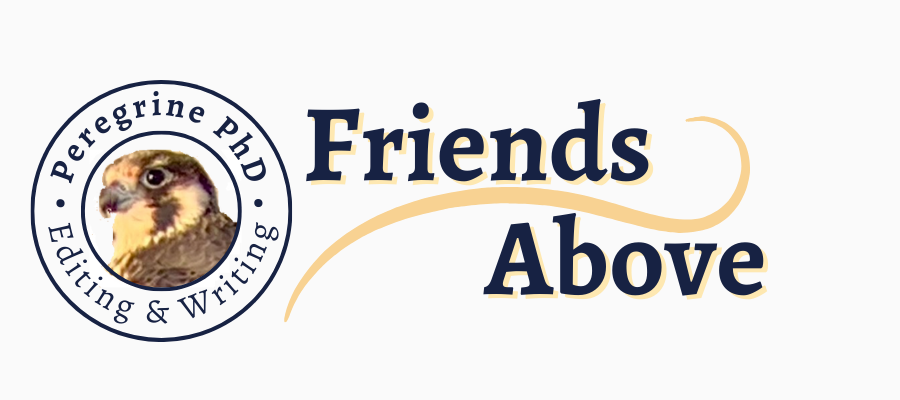Jesus told us to pray together. The central prayer of Christianity begins, “Our Father,” not, “My Father.” James 5:16 tells us to pray for one another since the prayer of a righteous person is powerful. So naturally Catholics go to holy people and ask them for their prayers. For Catholics (and other denominations with roots in early Christianity like the Orthodox), the fact that a holy person happens to be dead is no reason not to ask them for prayers. Indeed, them being in heaven with God and seeing Him face to face is a very good reason to ask them first for their prayers. The miracles that have been closely investigated and documented during the canonization process provide good evidence that God approves.
Why then do some people, especially in the newer Protestant denominations, critique praying to saints and Mary? Much of their fear is that “praying” to someone means worshipping them. God alone is worthy of worship. Prayer is different from worship though. The use of the word “pray” to just mean “ask” isn’t common in English anymore, though occasionally you will encounter a phrase like “pray tell” in a movie or book that shows the older meaning. The main Catholic prayer to Mary is explicitly a prayer for prayers: the Hail Mary simply paraphrases Luke 1:28 and then asks, “Holy Mary, mother of God, pray for us sinners now and in the hour of our death.”
Mary and the saints have no power in themselves. God simply works through them, as He also works through people still here on earth. By recognizing His extraordinary work in the saints, we can also recognize better the little nudges and graces that He works in our lives as well.


